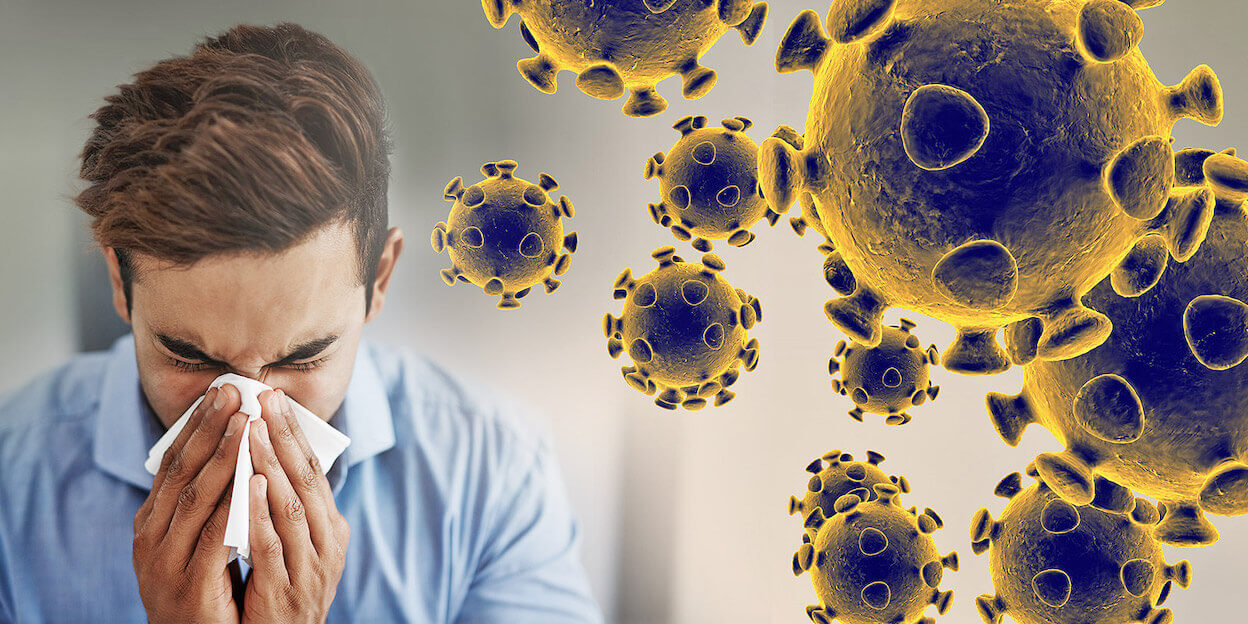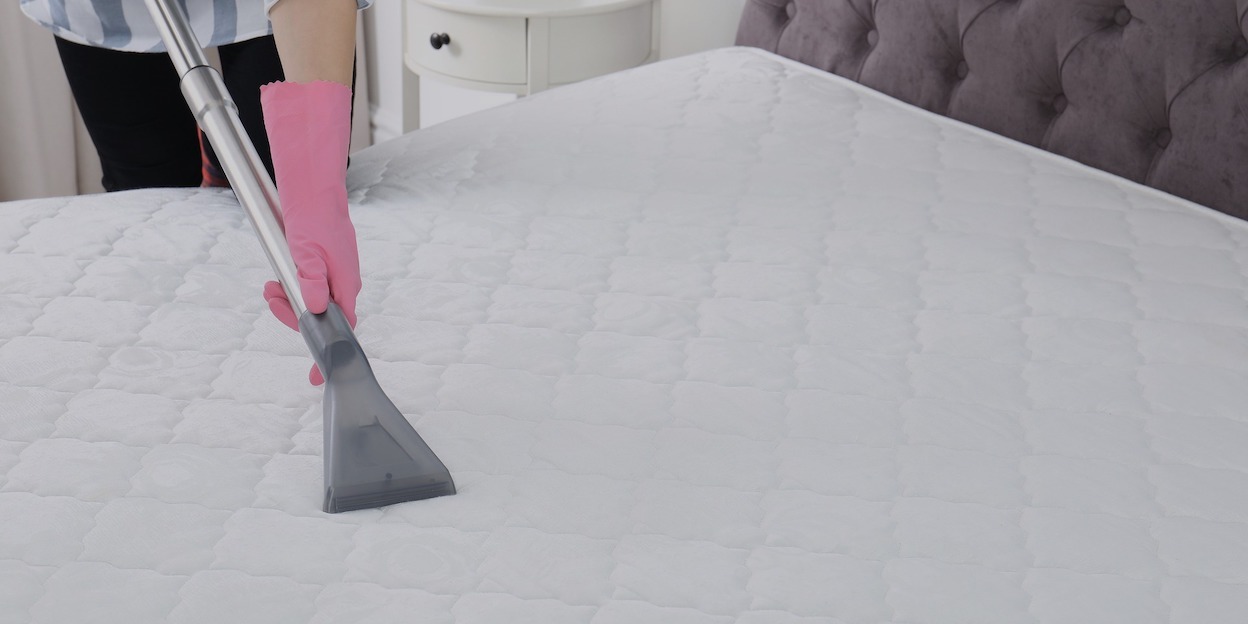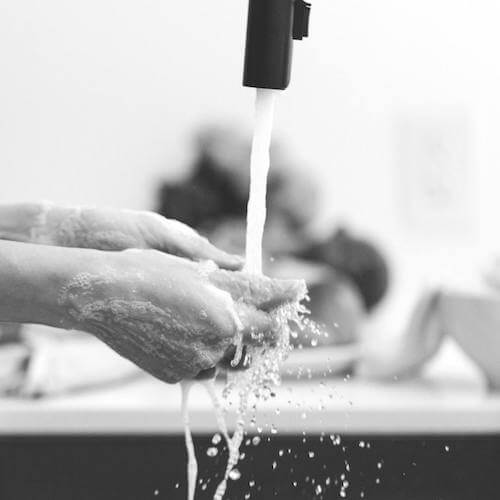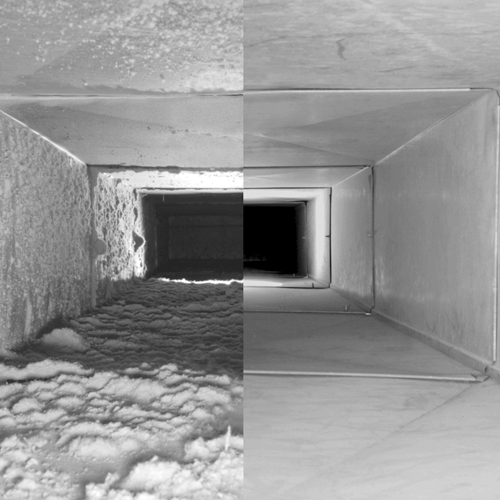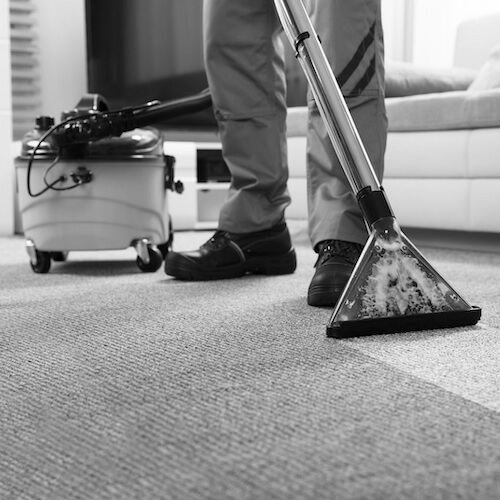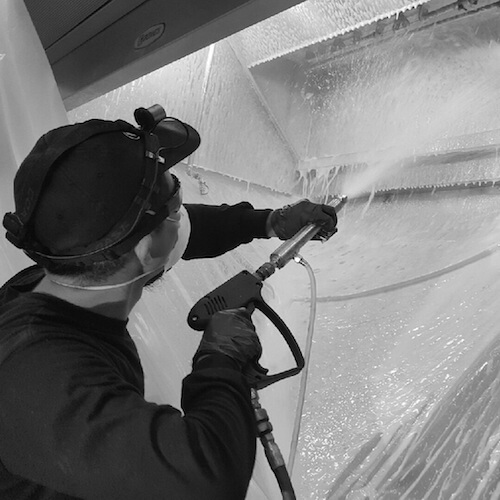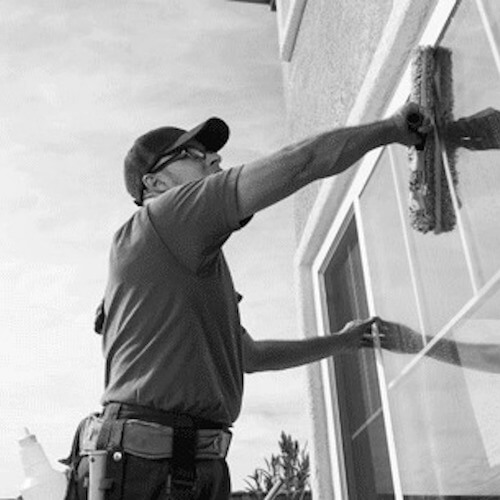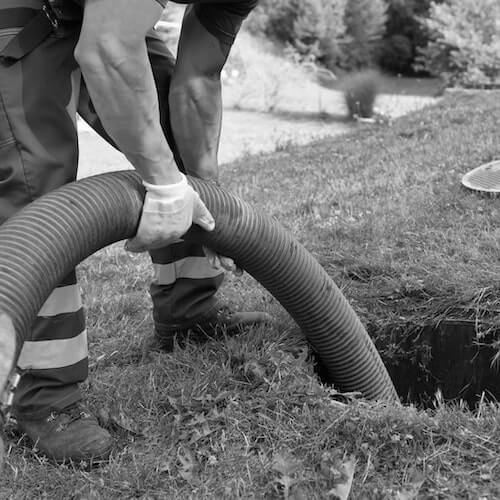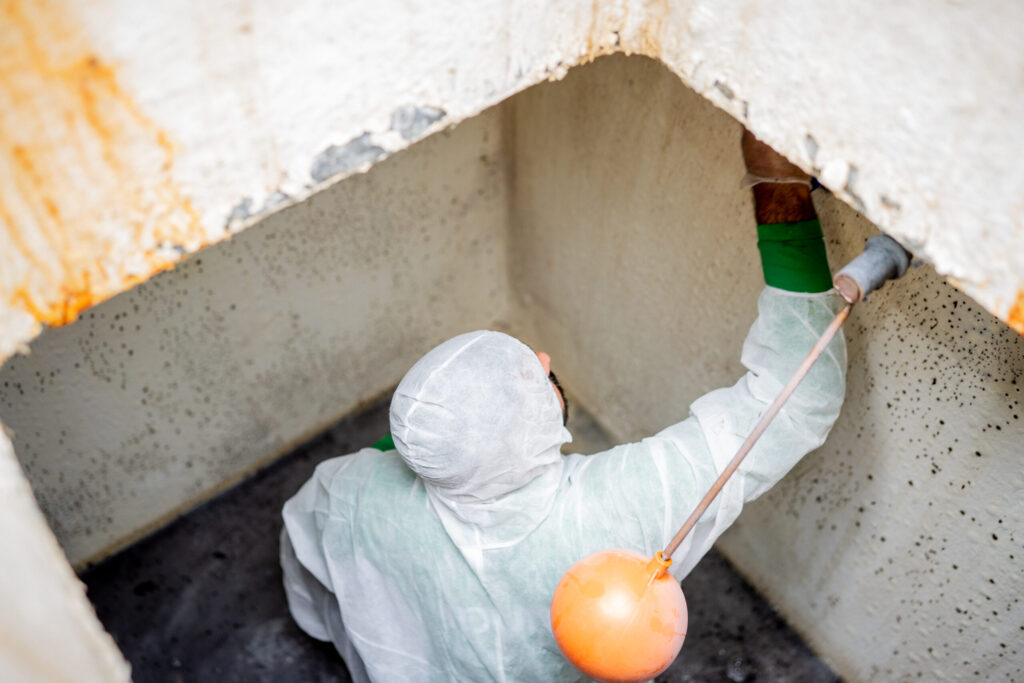The National Health Commission on Wednesday, February 12, 2020 said that 2,015 new cases of coronavirus had been reported over the last 24 hours. The total number of cases in mainland China is 44,653, although many experts say a large number of others infected have gone uncounted. The stats are alarming. They call for some serious infection control measures. We have gathered 7 infection control tips to combat coronavirus:
1) Keep disinfecting your hands
During any viral outbreak, the best thing you can do is keep disinfecting your hands after regular intervals of time, in this case, for 20 seconds. Doctors and experts recommend that during the outbreak, you must wash your hands with soap and water for at least 20 seconds (to keep track of the duration, you can sing the “happy birthday song” twice). This must be followed by using alcohol-based hand rub or sanitiser. The thumb rule is to avoid touching your mouth, nose and eyes with unwashed hands.
2) Use appropriate Personal Protective Equipment (PPE)
Unlike bacteria, viruses can fly. So it is imperative that facility owners, staff and end customers – all use appropriate PPE. Face masks, respirators and gloves are some of the popular and common PPE available in the market, and they should be used in every process being undertaken in the facility.
3) Dispose off the PPE properly
After you have used the PPE, it is important to dispose it off properly. Make sure it does not come in contact with your skin or clothes. And follow the hand sanitization regime after you’ve removed the PPE.
4) Disinfect rooms, floors and surfaces frequently
Cleaning cleans. Disinfection kills the germs. So rooms, floors and surfaces must be frequently DISINFECTED rather than merely cleaned. For this, you will need to choose a quality chemical that gets to the root of infection control. In addition to this, make sure you are disinfecting all surfaces more frequently (especially if you are a facility open to the public).
5) Identify potentially infectious people
No matter which facility you are, if you suspect someone carrying Coronavirus, provide immediate medical screening for them. Patients carrying this virus are immediately quarantined and taken under medical supervision.
6) Install alcohol-based sanitisers at rush areas
Identify the rush areas of your facility and have alcohol based sanitisers installed at each of these hotspots. Promoting hand hygiene must top the priority list while combating Coronavirus.
7) Use proper hygiene solutions for kitchens
With the rise and spread of N-Coronavirus, food hygiene has become even more sensitive. Extra care must be taken to disinfect kitchen equipment, cutting boards, kitchen floors, etc.
Frequently Asked Questions
1. How often should I disinfect my hands?
It is recommended to disinfect your hands frequently, especially after touching surfaces or objects outside your home. Use soap and water for at least 20 seconds or an alcohol-based hand sanitizer with 60% alcohol content to effectively kill germs and reduce the risk of infection.
2. When should I use Personal Protective Equipment (PPE)?
Use PPE, including masks, gloves, and face shields, when in close contact with others or in crowded settings where maintaining physical distance is challenging. PPE helps protect yourself and others by reducing the transmission of respiratory droplets that may contain the virus.
3. How should I dispose of used PPE?
Dispose of used PPE properly by placing it in designated bins or bags, following the guidelines. Avoid touching the contaminated surfaces, and ensure the disposal containers are securely sealed to prevent any potential virus spread.
4. How often should I disinfect rooms, floors, and surfaces?
Regularly disinfecting frequently touched surfaces, such as doorknobs, light switches, and countertops, is essential. Cleaning should be done at least once a day and more often in high-traffic areas or if there are suspected or confirmed cases of COVID-19.
5. How can I identify potentially infectious people?
To identify potentially infectious individuals, use temperature checks and questionnaires to screen for symptoms or exposure to COVID-19. Look for common symptoms like fever, cough, difficulty breathing, and recent travel history or contact with confirmed cases.
6. Where should alcohol-based sanitizers be installed?
Install alcohol-based hand sanitizers with at least 60% alcohol content in high-traffic areas such as entrances, lobbies, and common gathering spots. These areas are more likely to have a higher concentration of people and can benefit from easy access to hand sanitization.
7. What hygiene solutions should I use for kitchens?
Maintain proper hygiene in kitchens by cleaning utensils, surfaces, and food preparation areas. Use soap and water for washing dishes and cleaning surfaces, and follow food safety guidelines to prevent cross-contamination. Regularly sanitize kitchen appliances and frequently touch items like refrigerator handles.
How iPurity can help you in preventing Coronavirus?
We offer an extraordinary and ‘green’ disinfection aid that essentially diminishes pathogens and poisons in the air and on surfaces. Our main purpose is to enhance individuals’ wellbeing and the environment while disinfecting the areas in which they work, travel and live in.
Get in touch now to book your free assessment.
Follow us on Instagram for more.
